ChatGPT, Google in a bind? On the contrary, some say, Microsoft is using ChatGPT to help Google find its way.
Now there is a growing feeling that ChatGPT could kill Google.
Microsoft has gone crazy with ChatGPT. ChatGPT has been added to search engine Bing, household bucket Office and cloud computing platform Azure.
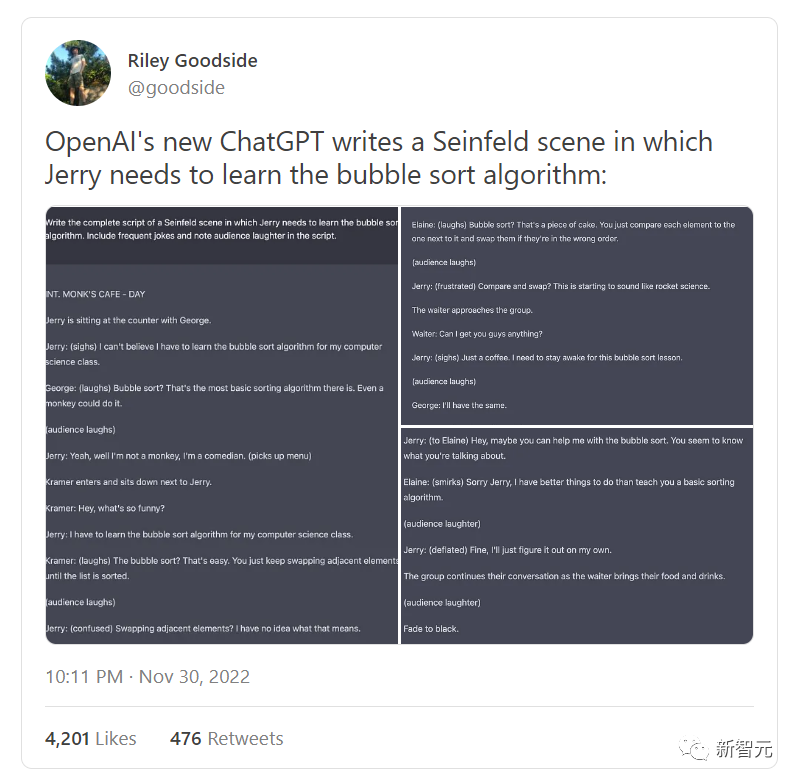
Google has already rushed DeepMind to its knees, pushing out a beta version of the Sparrow language model in an attempt to take on ChatGPT later this year.
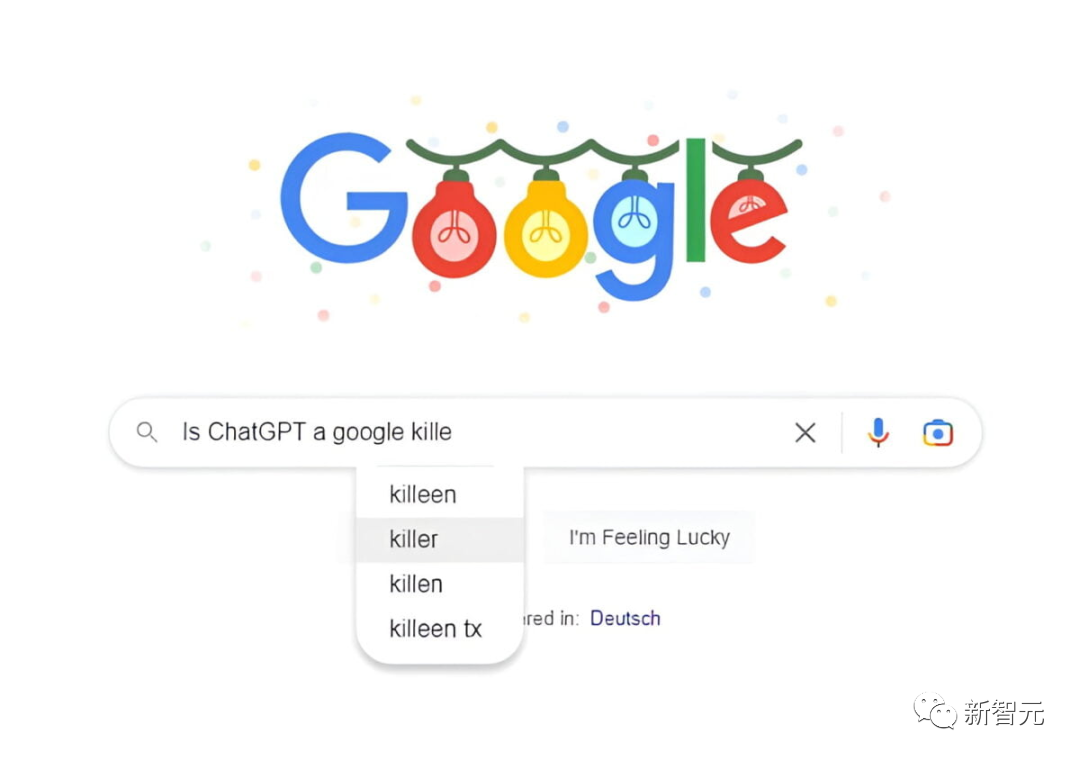
For now, everyone is overwhelmed by the power of ChatGPT. It can debug code, write papers, create languages, even write a bubble sorting sitcom…
Another impressive feature is ChatGPT’s ability to answer questions in clear and concise language.
By contrast, the Google experience is simply too weak:
Enter query keywords
Move your mouse silently over the AD (this area is increasingly similar to the non-ad area)
Browse search results/links
Guess which one will answer your question
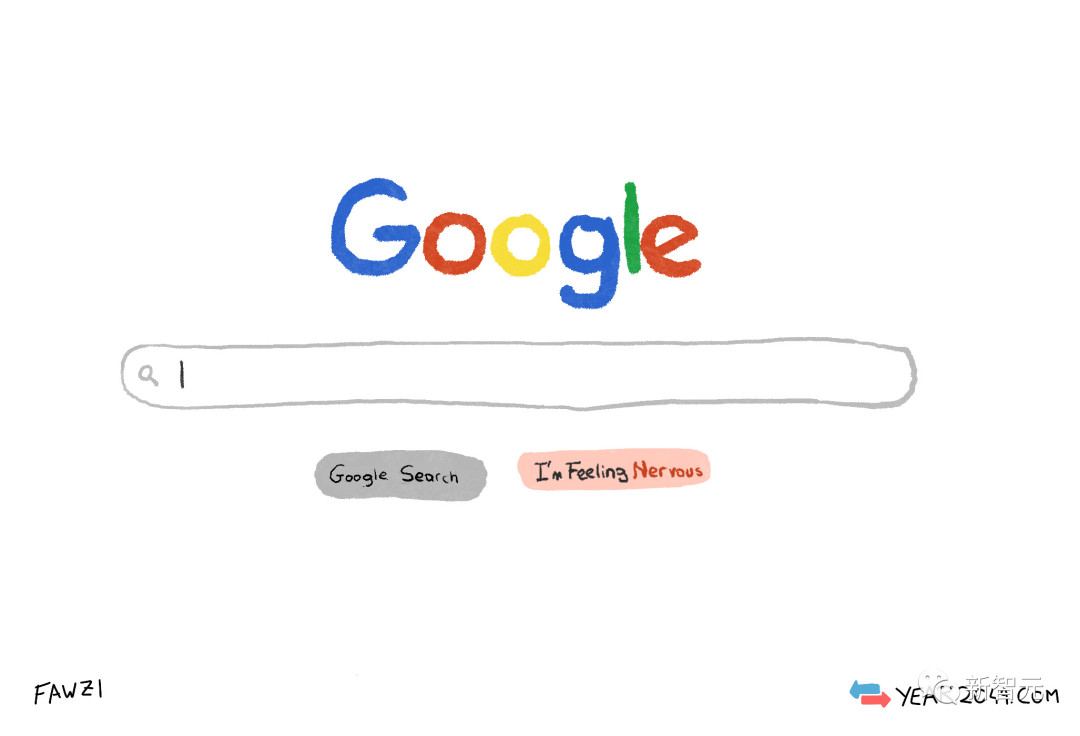
If you don’t get an answer, go back to step 3 and repeat the following steps
These steps seemed fine until ChatGPT came along.
But now with ChatGPT, we’re conditioned to be even lazier — Google gives us a menu to choose from, but ChatGPT puts information right into our mouths.
Sure, Google occasionally offers Chatgpt-like answers without clicking on any links
Still, ChatGPT scared Google into issuing a “Code Red” and speeding up its AI product release schedule.
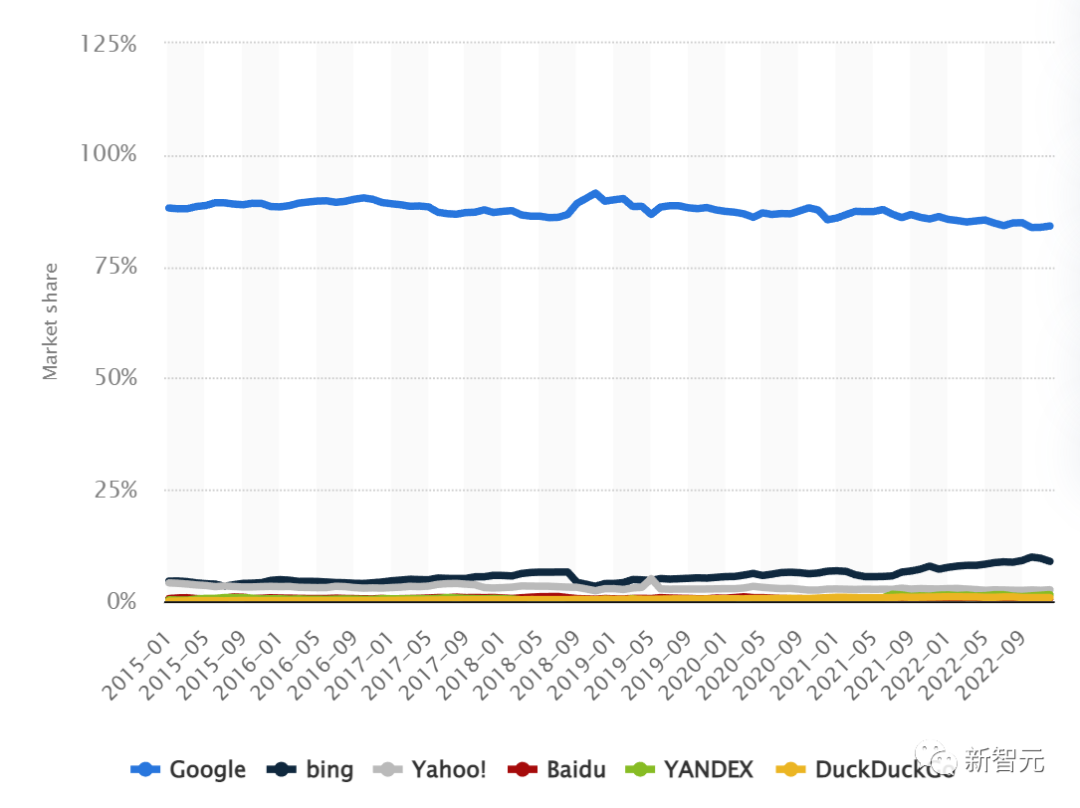
While many have declared that Google is dead, Fawzi Ammache, a well-known foreign blogger, argues that their conclusions are far too arbitrary.
Ammache is currently a product designer at Royal Bank of Canada and has worked at Publicis Sapient, Google and Rogers.
Google is actually a beneficiary
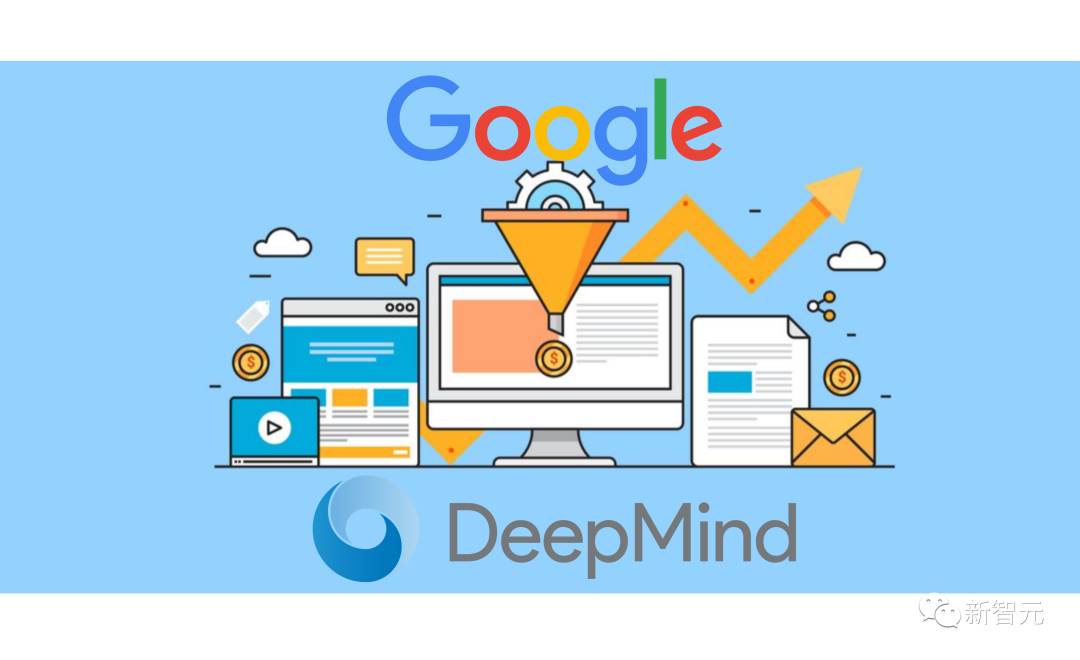
Indeed, in the face of ChatGPT, Google cannot afford to take the threat lightly. When Microsoft and OpenAI release Chatgpt-based search engines, users will flock to them.
There is, however, a potentially huge catch.
Currently, the ChatGPT training data set, which is pre-September 2021, is not connected to the Internet.
Once ChatGPT was integrated into Bing, however, it was connected to the Internet. It’s like opening Pandora’s box.

Given the abundance of false and toxic information online, the prospects for such a search engine are fraught with risks and too many unknowns.
Of course, Microsoft and OpenAI will do their best to minimize these impacts. Still, nothing is guaranteed with such a pioneering product.
That doesn’t mean Bing with ChatGPT will fail, just that Microsoft is taking a huge reputational risk.
Why would Microsoft take such a risk? If you think about it, it’s perfectly understandable.
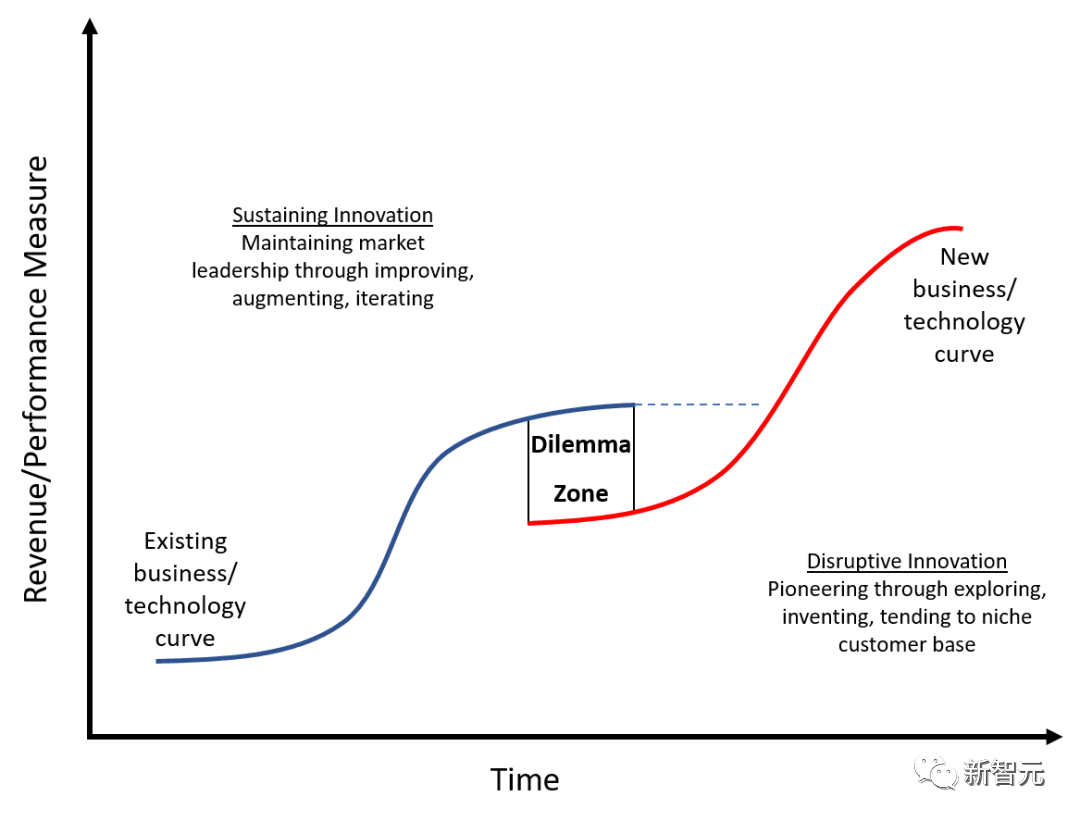
Google fumbles ChatGPT across the river: Without the heat, traditional search engines are still hanging on to LLM
Google currently has 85 per cent of the global search market, compared with 9 per cent for Bing.
Even if it fails, Microsoft will not suffer as much as Google. It is smaller and more beautiful, with a higher risk tolerance.
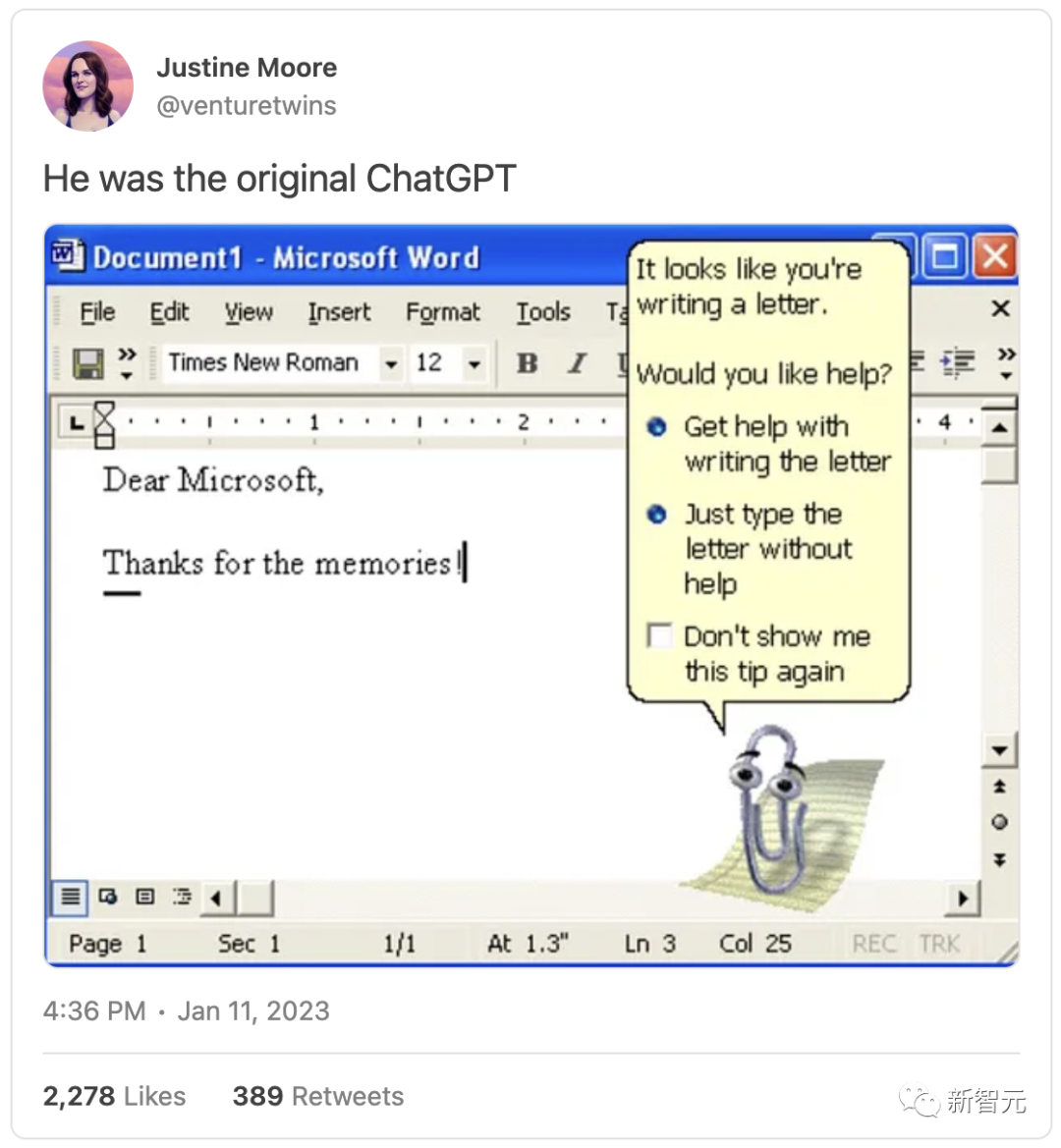
And Microsoft, which recently splashed out $1 billion on OpenAI, certainly wants to reap the benefits quickly.
Google, on the other hand, is taking every step more seriously.
Google has been building similar large language models (LLMS) before, but Google has been keeping them under wraps.
The biggest fuss was made last summer when Blake Lemoine, an engineer at Google, claimed that LaMDA, a chatbot, was sentient.
Even the Chatgpt-powered Transformer, a core architecture, was developed by Google.
No one knows yet just how powerful Google’s chatbots and other AI products will be.
But we know that Google has the most competitive people and the deepest pockets.
Google, which makes 60 percent of its revenue from advertising on its search engine, is wary of products that could threaten its most profitable organization.
Microsoft is a pioneer in this area. Its chatbot search engine could give Google a clue to where it wants to go.
Google went to great lengths to keep LaMDA under wraps for a number of careful reasons. Microsoft’s products, on the other hand, can help Google test the waters.
How will people use (or abuse) Microsoft’s chatbots? How much are they willing to pay? Google will see all this and then backhand create a better version.
Throughout history, the first movers have taken the biggest risks and have not always had the last laugh.
You know, Google wasn’t the first search engine, but it became the most successful.
And if Microsoft’s new search engine is successful, Google still faces the innovator’s dilemma.
The term, coined by Clayton Christensen, an American academic, in 1997, refers to the difficulty for established companies in adopting new technologies or business models that disrupt traditional markets.
These mature companies often hold the most important resources and have sufficient scientific research capacity. However, their existing customer base and fixed internal processes can keep them away from breakthrough innovation.
And when smaller, more agile competitors come in and take over the market (such as OpenAI), it may eventually lead to the demise of a large, mature company.
Search engines make so much money by relying on users to keep clicking on links, and in the process Google collects huge advertising fees from merchants.
But if chatbots allow users to get answers directly, rather than having to rummage through listings, the search engine’s paid business ecosystem will be destroyed.
This is Google’s “innovator’s dilemma” : How do you offer a chatbot search engine without cannibalizing Google search?
Search is only secondary
Search isn’t the most interesting part of the AI race.
After all, the most exciting thing about ChatGPT is its ability to generate content on its own when prompted, rather than as a tool for searching.
Microsoft is working on integrating OpenAI’s ChatGPT into Word, Excel, PowerPoint, Outlook and other Office applications, according to sources familiar with the matter.
In other words, what once seemed to be a competition in the field of AI chatbots has extended to Microsoft and Google’s other blockbuster products.
Search: Bing vs. Google
Document: Word vs Google Docs
Presentation: PowerPoint vs. Google Slides
Spreadsheets: Excel vs Google Sheets
Email: Outlook vs. Gmail
If successful, office apps, which have been relatively stagnant for the past two decades, are about to be disrupted, and we are at an important tipping point.
Imagine that your company uses Microsoft Office.
Then one day the boss suddenly decided to spend a lot of money on “premium membership” to increase productivity.
As a result, everyone has Chatgpt-like features in Word, Excel, PowerPoint, and Outlook
Now, employee productivity has increased exponentially. Reports, tables, and powerpoint presentations take much less time to complete, and only a few finishing touches are needed.
Not surprisingly, this becomes an important advantage in your competition.
Google fumbles ChatGPT across the river: Without the heat, traditional search engines are still hanging on to LLM
But soon, your competitor found out the secret behind it and followed suit by subscribing to the “premium membership” of Office.
As a result, their employees are equally productive.
Microsoft now gets 23% of its revenue from Office products and only 6% from ads on Bing, its own search engine.
So your rush to order is great news for Microsoft. Not only did it solidify its position as the No. 1 office/productivity app, but it also made a lot of money.
In contrast, Google’s GSuite — Gmail, Docs, Sheet and Slides — which competes with Microsoft Office, does not have a generative AI feature to compete with ChatGPT.
Then GSuite in the eyes of users, is a backward antique.
From this perspective, Google’s “red alert” does make sense.
Which would you choose?
Finally, let’s fast forward to the near future.
Microsoft’s Bing and Google will be chatbot powered search engines.
So, which one do you use?

.jpg)







